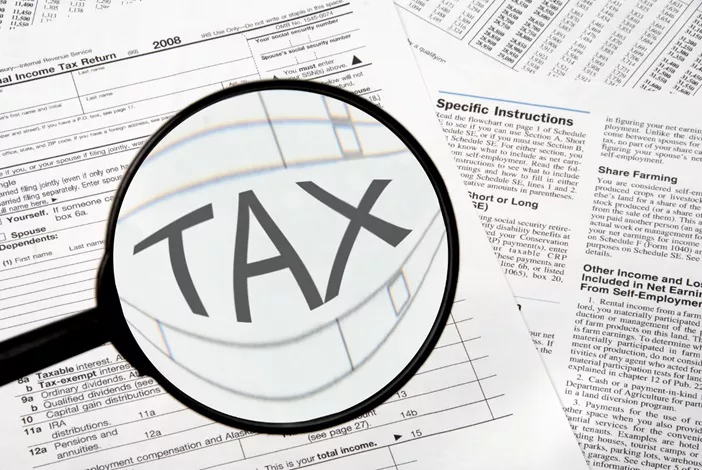House Republicans have passed a major budget bill that includes several key tax breaks aimed at workers, seniors, and vehicle buyers. The legislation, called the “One Big Beautiful Bill,” reflects many promises made by President Trump during his campaign, targeting blue-collar and older voters.
Here are the four main tax breaks included in the bill:
1. No Taxes on Tips
Workers who earn tips, such as waiters and bartenders, would no longer pay federal income taxes on those tips. However, Social Security and Medicare payroll taxes still apply.
To prevent abuse, the break only applies to jobs that traditionally receive tips as of the end of 2024, and high earners making $160,000 or more are excluded. Critics argue this creates unfair tax differences between tipped and non-tipped workers earning similar wages.
2. No Taxes on Overtime Pay
The bill exempts the extra 50% pay workers receive for overtime from federal income taxes. This means if you earn time-and-a-half, the “half” bonus won’t be taxed.
High earners above $160,000 are not eligible for this break. While this aims to reward overtime work, experts warn it could lead to uneven tax rates among workers with similar incomes.
3. Deduction for Auto Loan Interest
Borrowers who take out loans to buy cars or recreational vehicles can deduct up to $10,000 of interest paid per year. This deduction is available even to taxpayers who do not itemize.
However, the vehicle must be assembled in the U.S., and the deduction phases out for individuals earning over $100,000 or couples earning over $200,000. This policy revives a deduction eliminated in the 1980s and includes ATVs and campers, which some see as non-essential purchases.
4. Senior Deduction
Seniors aged 65 and older would receive a new $4,000 tax deduction, or $8,000 for couples both over 65. This “senior bonus” adds to the standard deduction and phases out for individuals earning more than $75,000 or couples earning over $150,000.
This measure replaces a more costly proposal to exempt Social Security income from taxes, which was not feasible under current budget rules.
Together, these tax breaks are expected to cost about $292 billion through 2028, when they are set to expire to limit long-term costs on paper. If made permanent, they could offset savings from cuts to clean energy and manufacturing subsidies enacted under the Biden administration.
While these measures are popular with many voters, experts warn they add complexity to the tax code and may create unfair advantages for some workers over others. Still, for many consumers and workers, these provisions could offer meaningful financial relief in the coming years.
Related topics:


